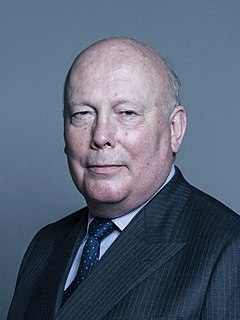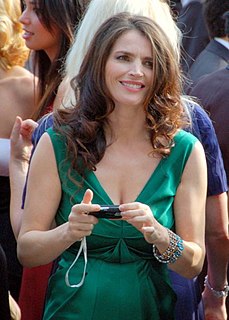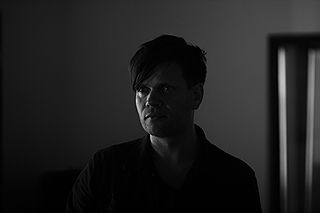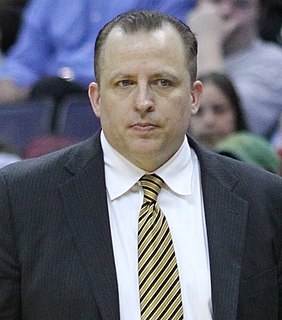A Quote by Julian Fellowes
I think it's always a challenge to adapt something from one medium to another - a novel into a film or a play into a movie or whatever.
Related Quotes
I'm always trying to make something that is impossible to film. Why would somebody just read a novel when they can see it on TV or in the cinema? I really have to think of the things fiction can do that film can't and play to the strengths of the novel. With a novel, you can get right inside somebody's head.
Whatever character you play, whatever film it is, whatever story it is, for me, in my training it's always something that gives you a layered character, it's understanding the secret of that character, and so whatever comes up as "Oh, I thought that person was that," you are always carrying that within you. So actually what you're playing all the way through is both and it's just what comes out in the scene or the circumstance.




































